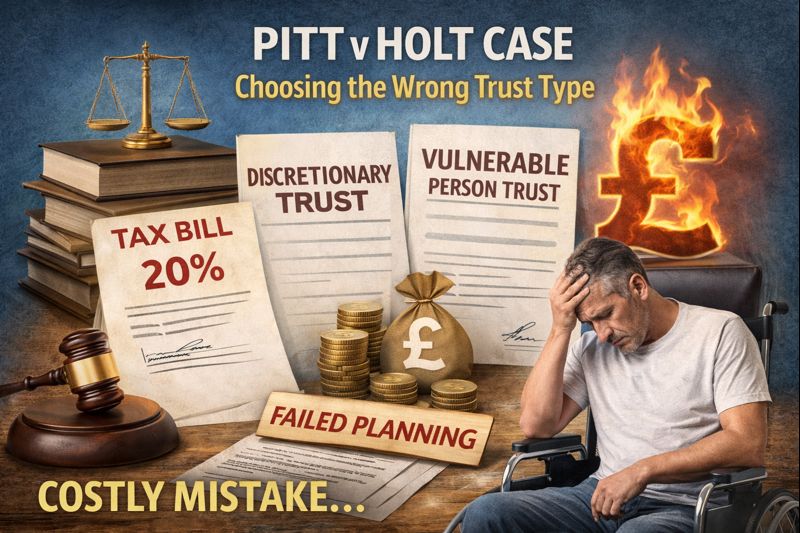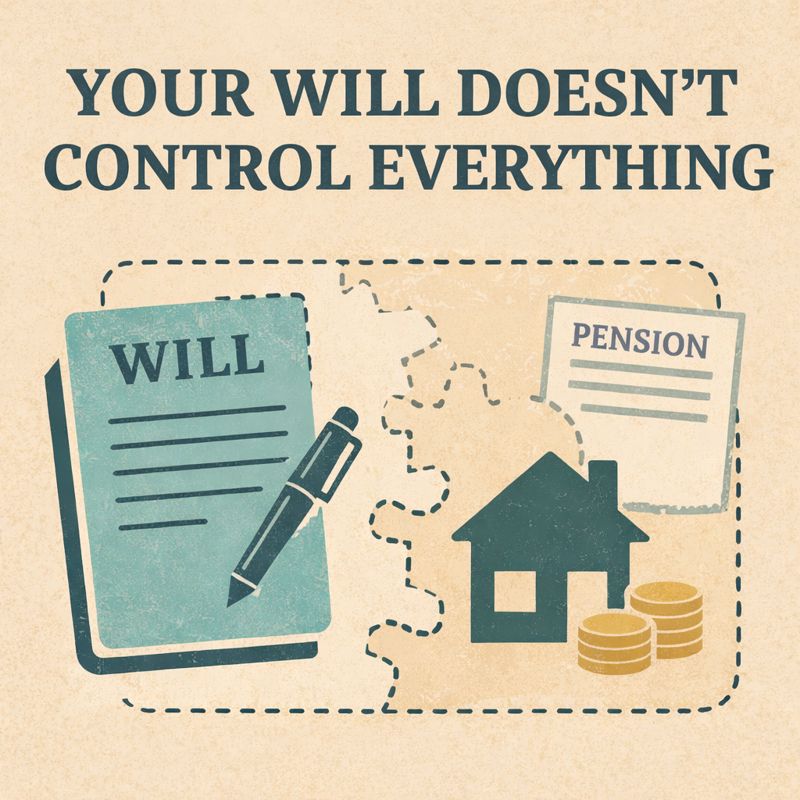Navigating the Uncertainties of Dying Intestate in the UK
Death is an inevitable part of life, yet many of us shy away from thinking about its legal implications. One of the most significant legal consequences of death is the matter of handling the deceased’s estate. If you pass away without a will, known as dying ‘intestate’, the law decides how your estate is distributed, and this might not align with your wishes.
What Does It Mean to Die Intestate? Dying intestate means you have passed away without a legally valid will. In such cases, the distribution of your estate (which includes all your assets, property, and possessions) is determined by specific rules set by law, rather than your personal preferences.
Who Inherits When There Is No Will? The rules of intestacy in the UK are clear but can be complex. They prioritise spouses or civil partners and direct descendants (such as children or grandchildren). However, cohabiting partners, friends, and charities you might have wanted to benefit will not automatically receive anything unless mentioned in a valid will.
The Rules of Intestacy:
- Spouses/Civil Partners: They will inherit the majority, if not all, of the estate, depending on whether there are children or other close relatives.
- Children: If there is no surviving married or civil partner, the children will inherit the estate in equal shares.
- Other Relatives: If there are no direct descendants, other relatives (like siblings, parents, or grandparents) may inherit under the rules of intestacy.
The Impact on Unmarried Couples: It’s particularly important for unmarried couples to be aware that the law does not automatically recognize them as beneficiaries under the rules of intestacy. Without a will, the surviving partner may receive nothing, regardless of the length or nature of their relationship.
Why Make a Will?
- Control Over Your Estate: A will ensures that your assets are distributed according to your wishes.
- Protection for Unmarried Partners: If you’re not married or in a civil partnership, a will is the only way to make sure your partner inherits.
- Minimizing Disputes: A clear will can reduce family disputes about your estate after your death.
The aftermath of a death can be a challenging time for your loved ones. Dying intestate only adds to the stress and uncertainty. By making a will, you can provide clear instructions on how your estate should be managed and ensure that those you care about are taken care of according to your wishes. Consider taking the first step towards creating your will today.




